Andrea Pirlo (part1)
Andrea Pirlo (part1)
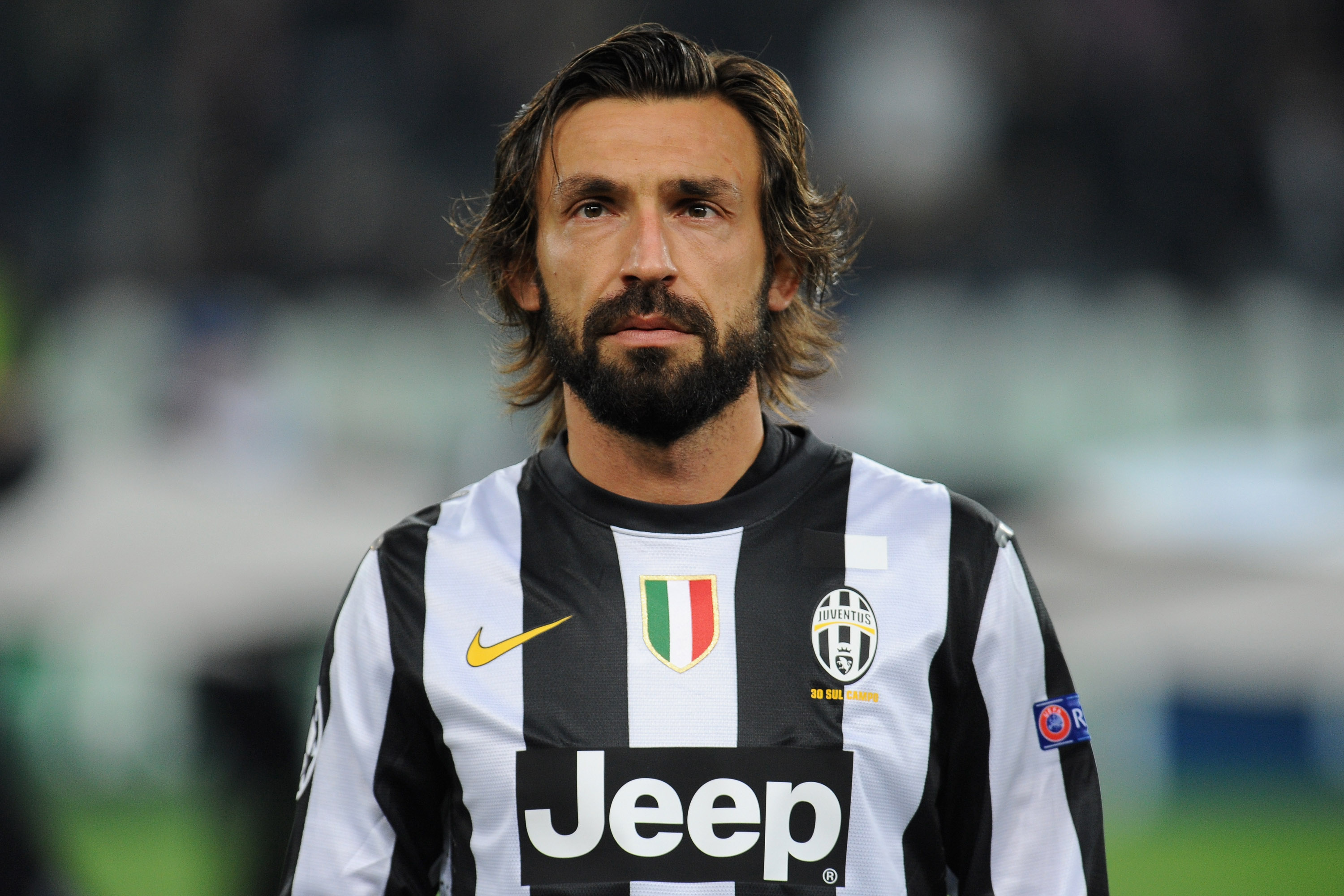
Andrea Pirlo Ufficiale OMRI is an Italian football manager and former player, currently serving as the head coach of Serie B club Sampdoria. Widely regarded as one of the greatest midfielders of all time, Pirlo earned acclaim for his exceptional vision, ball control, technique, creativity, passing, and free-kick ability.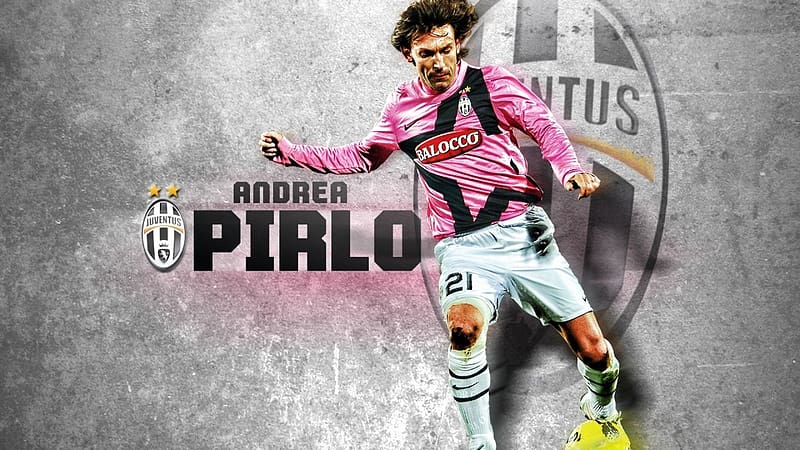
Pirlo initiated his club career in 1995 as an attacking midfielder with his hometown club Brescia, securing the Serie B title in 1997. He then moved to Serie A club Inter Milan in 1998 but, due to limited playing time and loans, transferred to cross-city rivals AC Milan in 2001. At AC Milan, Pirlo evolved into a world-class player in a deep-lying playmaker role, contributing to two Serie A titles, two UEFA Champions Leagues, two UEFA Super Cups, a FIFA Club World Cup, a Coppa Italia, and a Supercoppa Italiana. In 2011, he joined Juventus, winning four consecutive Serie A titles, two Supercoppa Italiana titles, and another Coppa Italia. Pirlo concluded his career in 2015 by playing for Major League Soccer club New York City FC for two years before retiring in 2017.
On the international stage, Pirlo earned 116 caps for the Italy national football team, making him the fifth-highest appearance holder of all time. He made his senior debut in 2002 and led Italy to a bronze medal in the 2004 Olympics. Pirlo played a pivotal role in Italy's victory at the 2006 FIFA World Cup, winning the Bronze Ball and earning a place in the Team of the Tournament. He repeated similar success by guiding Italy to the UEFA Euro 2012 final. Pirlo also represented Italy at the 2004 and 2008 UEFA European Championships, the 2010 and 2014 FIFA World Cups, and the 2009 and 2013 FIFA Confederations Cups.
Pirlo garnered recognition with multiple honors, finishing in the top four five times in the IFFHS World's Best Playmaker award between 2006 and 2015. He was fourth for the UEFA Best Player in Europe in 2011 and seventh in 2015. Pirlo received the Serie A Footballer of the Year award three times and was included in the Serie A Team of the Year four times. Additionally, he was elected to the UEFA Team of the Year in 2012, the UEFA Champions League Squad of the Season in 2015, and featured in the FIFPro World XI in 2006. 
Pirlo also achieved a seventh-place finish in the 2007 FIFA World Player, placed in the top ten three times for the Ballon d'Or, and was named an MLS All-Star in 2016. In 2019, Pirlo was inducted into the Italian Football Hall of Fame.Following his retirement, Pirlo ventured into coaching, starting as the head coach of Serie C club Juventus U23 on 30 July 2020. Nine days later, he took charge of the first team and secured the Coppa Italia and Supercoppa Italiana in his debut season before being dismissed in 2021.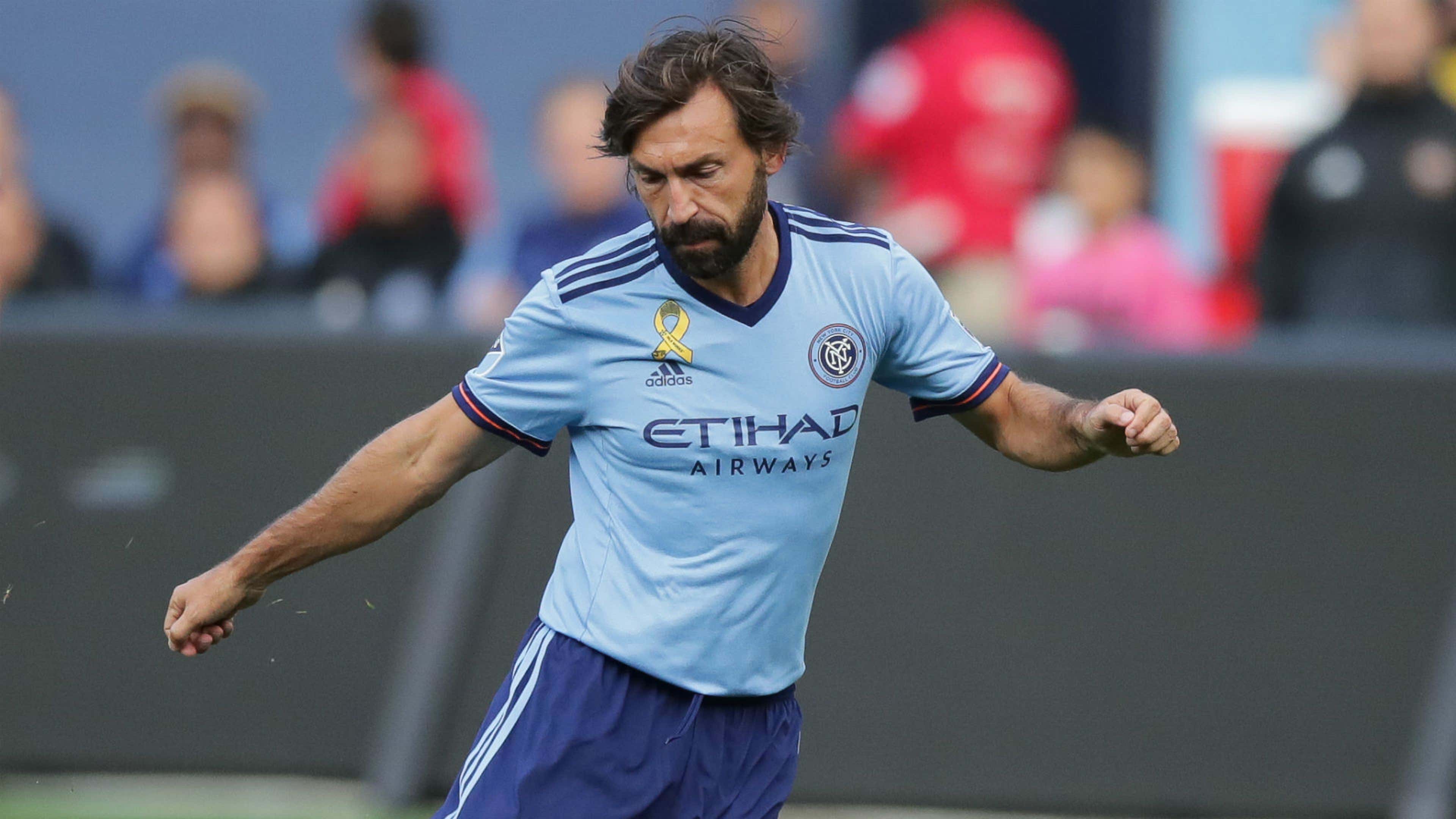
1992–2001: Early years and realisation of role
Andrea Pirlo, born in Flero in the province of Brescia, began his football journey with the Flero youth team and later moved to Voluntas. In 1992, he joined the youth sector of his local club Brescia, where he initially played as a supporting forward. At the age of 16, Pirlo made his Serie A debut for Brescia on 21 May 1995, becoming the youngest player to appear in Serie A for the club. His coach Mircea Lucescu promoted him, and during the 1996–97 Serie B season, Pirlo broke into the Brescia first team, helping the club secure Serie A promotion by winning the Serie B title the following season.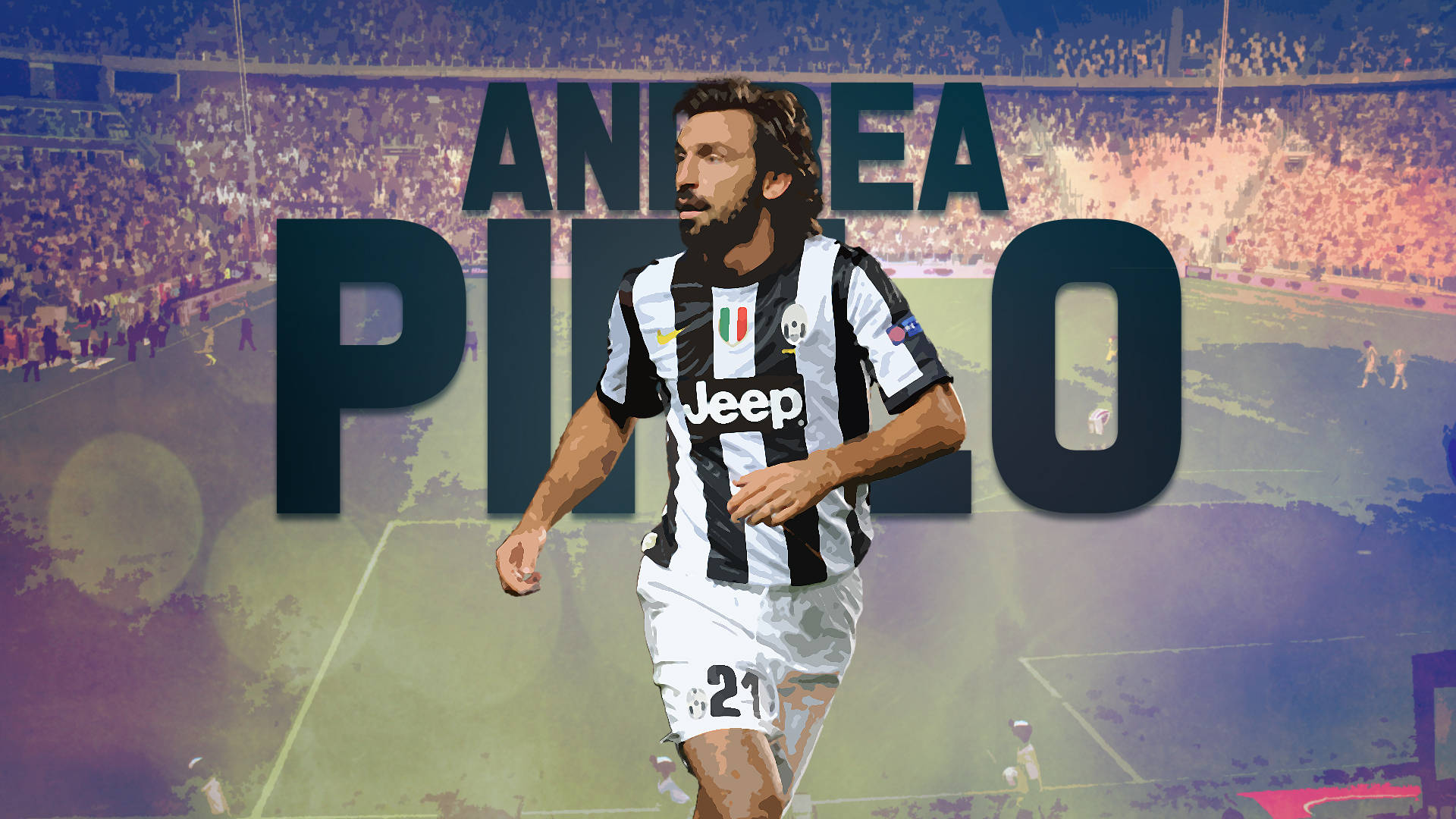
Pirlo scored his first Serie A goal during the 1997–98 season in a 4–0 home win over Vicenza on 19 October 1997. Due to his impressive performances, he caught the attention of Inter Milan coach Lucescu, who signed him. However, Pirlo struggled to secure a permanent place in the first squad, and Inter finished eighth in the 1998–99 Serie A campaign. He was then loaned to Reggina for the 1999–2000 season, where he had a notable performance. Despite returning to Inter, Pirlo faced challenges in breaking into the first team, making only four league appearances.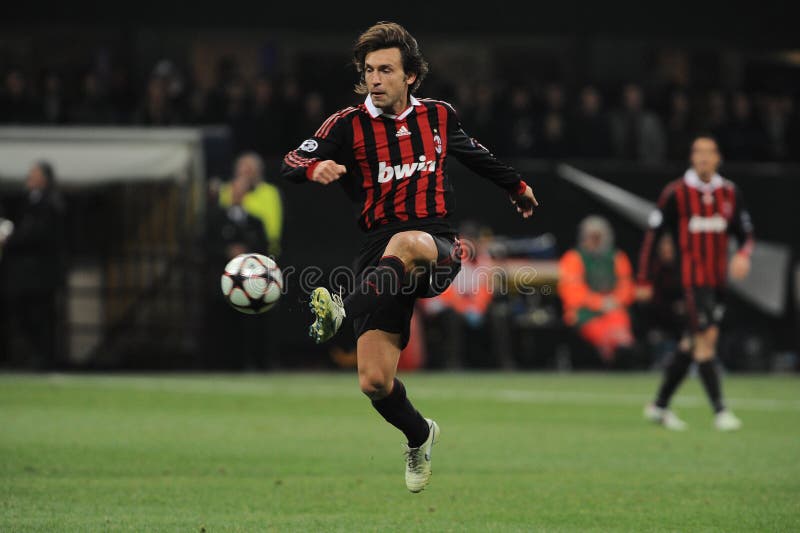
In the second half of the 2000–01 season, Pirlo was loaned to his former club Brescia, where he played alongside his childhood idol, Roberto Baggio. Baggio's role as the attacking midfielder led manager Carlo Mazzone to make a groundbreaking decision, deploying Pirlo as a deep-lying playmaker rather than an offensive midfielder. Pirlo excelled in this deeper creative role, showcasing his long passing ability. Despite initial struggles against relegation, Brescia secured a comfortable seventh-place finish in Serie A and reached the Coppa Italia quarter-finals, qualifying for the 2001 Intertoto Cup. One notable moment in Pirlo's Brescia career was his long pass that assisted Baggio's late equalizer against Juventus at the Stadio delle Alpi on 1 April 2001.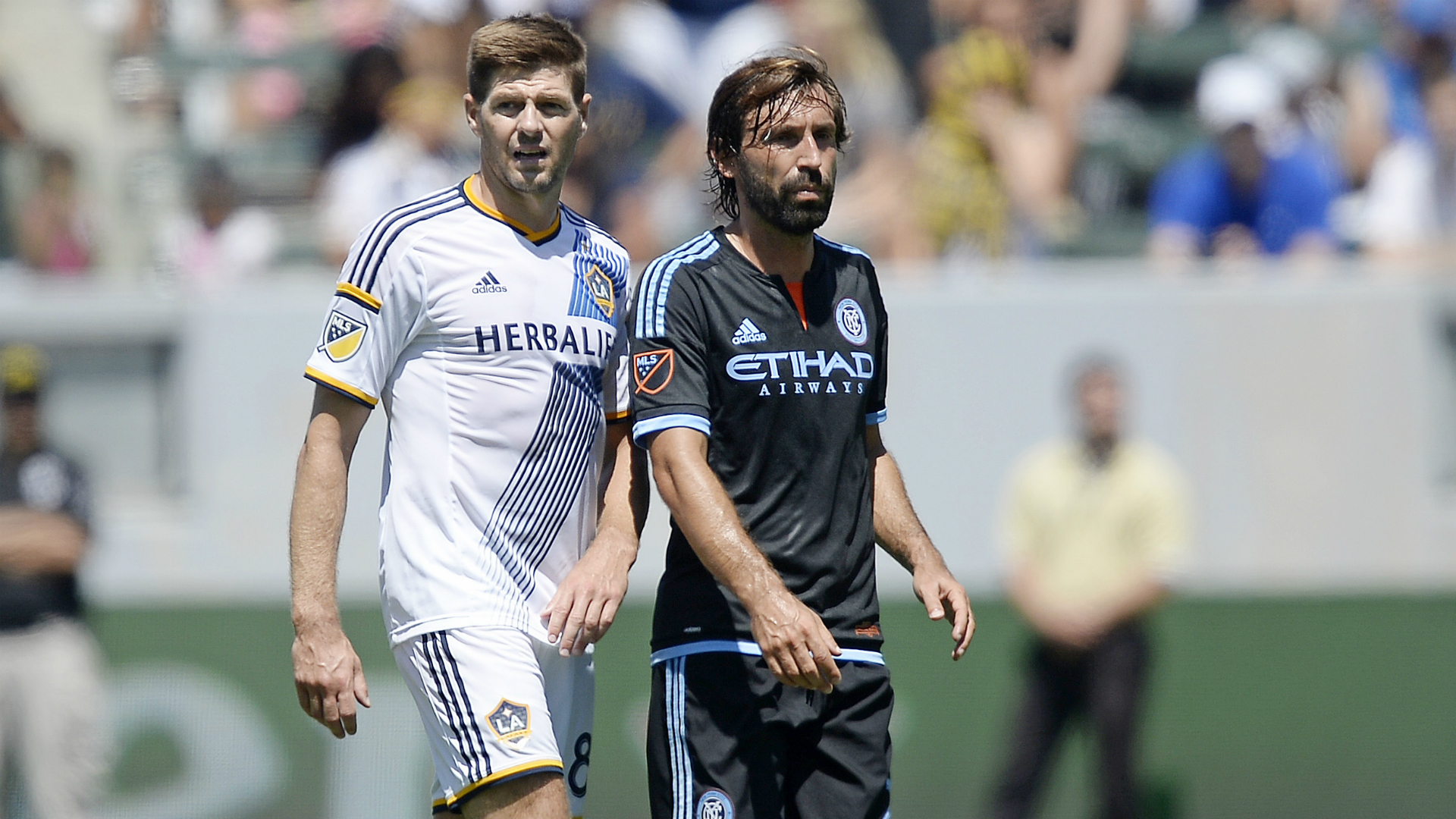
After three seasons with Inter, Andrea Pirlo was transferred to rivals AC Milan on 30 June 2001, the last day of the 2000–01 financial year, for a fee of 33 billion Italian lire . The transfer included the movement of Dražen Brnčić in the opposite direction for an undisclosed fee. In the same window, Inter engaged in swap deals involving Cristian Brocchi and Guly, as well as Matteo Bogani and Paolo Ginestra. These deals, reported by the Italian press, were later revealed to be aimed at creating "false profit" by inflating the players' values in the transfer fees of the swap deal. The exchange involving Ginestra and Bogani resulted in an approximate €3.5 million "profit" for both clubs, manifested in useless registration rights.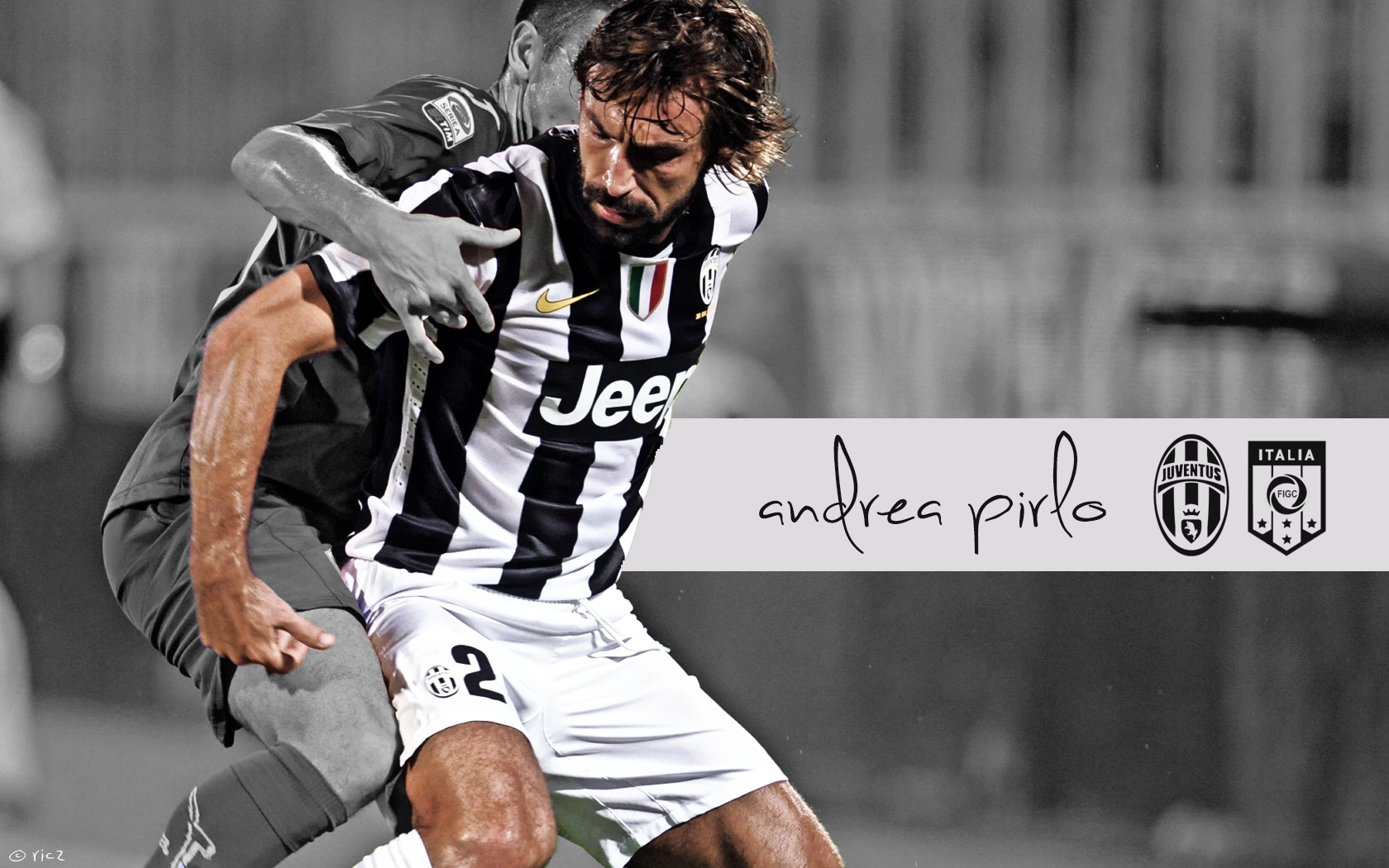
Under the management of Carlo Ancelotti at Milan, Pirlo experienced significant development, establishing himself as one of the best deep-lying playmakers and set-piece specialists globally. Ancelotti's tactical setups, including the 4–3–1–2 and 4–3–2–1 formations, saw Pirlo deployed as a deep-lying playmaker in front of the defense. This allowed him to play alongside talented attacking midfielders such as Rivaldo, Rui Costa, and eventually Kaká, filling the gap left by Milan legend Demetrio Albertini. Pirlo formed a crucial partnership with Gennaro Gattuso, as well as with Clarence Seedorf and Massimo Ambrosini, who supported his playmaking role defensively. His exceptional ability to set the team's rhythm earned him the nickname the metronome.
Pirlo made his Milan debut on 20 September 2001, contributing to a 2–0 win over BATE Borisov in the UEFA Cup. During his first season, he played a key role in helping Milan secure a fourth-place finish and UEFA Champions League qualification. Additionally, the team reached the semi-final of the UEFA Cup, marking the club's best-ever result in the competition. On 30 March 2002, Pirlo scored his first goal for Milan in a 3–1 home win over Parma, converting a free kick.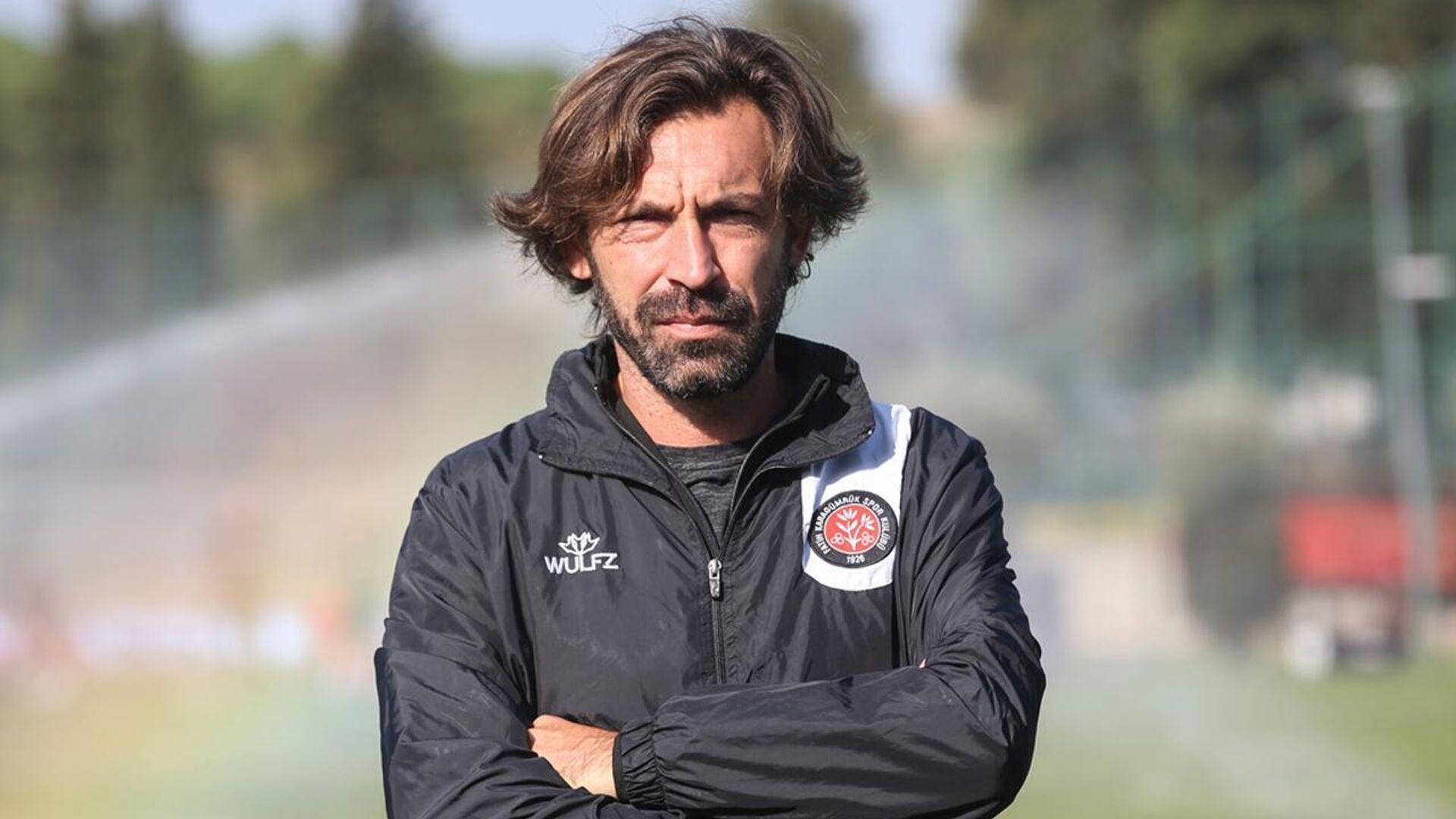
References
- "2014 FIFA World Cup Brazil: List of Players: Italy" (PDF). FIFA. 14 July 2014. p. 21. Archived from the original (PDF) on 4 September 2019.
- a b c d e f "A. Pirlo: Summary". Soccerway. Perform Group. Retrieved 21 January 2019.
- ^ Jump up to:
- a b "Andrea Pirlo". Juventus F.C. Archived from the original on 24 April 2012.
- a b "Pirlo Sig. Andrea: Cavaliere Ordine al Merito della Repubblica Italiana". Retrieved 6 August 2014.
- a b "Pirlo Sig. Andrea: Ufficiale Ordine al Merito della Repubblica Italiana". Retrieved 6 August 2014.
- a b "Born Again: How the Deep-Lying Midfielder Position is Reviving Careers". Soccerlens. 31 July 2009. Retrieved 15 May 2012.
- a b c d e f "Andrea Pirlo: Player Profile". ESPN FC. Retrieved 4 September 2013.
- a b c d e f g h i j k l m "A.C. Milan Hall of Fame: Andrea Pirlo". A.C. Milan. Retrieved 31 March 2015.
- ^ Ingo Faulhaber. "IFFHS". International Federation of Football History & Statistics. Retrieved 15 May 2012.
- a b "Iniesta, Messi, Ronaldo up for Best Player Award". UEFA. 14 August 2012. Retrieved 19 August 2012.






























































